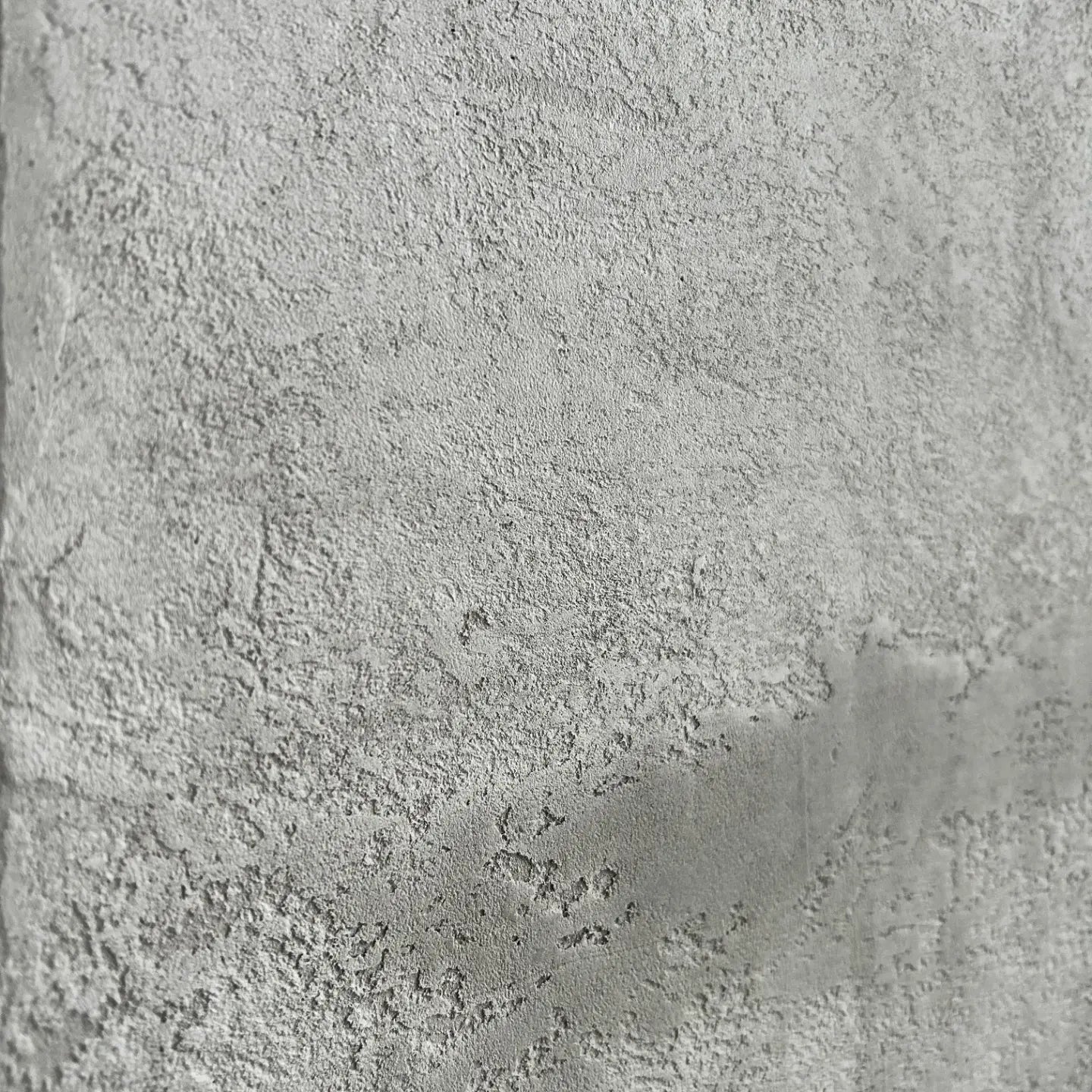Revealing the Eco-Friendly Advantages of Making Use Of Recycled Concrete in Lasting Building And Construction Practices
In the world of lasting building and construction methods, the use of recycled concrete stands as a crucial yet usually underestimated resource. Past its traditional applications, recycled concrete offers a myriad of eco-friendly advantages that extend much beyond the boundaries of typical construction products.
Ecological Advantages
By incorporating recycled concrete into building techniques, there is a considerable decrease in the need for new raw materials, leading to conservation of natural resources. Additionally, the usage of recycled concrete reduces the quantity of waste being sent to garbage dumps, therefore lowering environmental air pollution and minimizing the pressure on landfill abilities (Concrete).

In contrast, recycled concrete has a lower carbon impact as it decreases the demand for brand-new concrete manufacturing. Generally, the environmental advantages of using recycled concrete are considerable and play an important function in promoting eco-friendly construction techniques.
Cost-Efficiency
Accomplishing cost-efficiency is a vital factor to consider when evaluating the application of recycled concrete in construction projects. One of the essential advantages of using recycled concrete is its cost-effectiveness contrasted to standard concrete.
Additionally, using recycled concrete can result in financial savings in landfill costs by diverting concrete waste from disposal sites. This not just minimizes the ecological effect however additionally gets rid of the prices connected with waste elimination. Furthermore, the sturdiness and efficiency of recycled concrete approach traditional concrete, making sure that expense savings do not compromise the top quality of the building and construction.
Sturdiness and Stamina
Recycled concrete offers similar, if not premium, toughness and strength buildings to conventional concrete - Concrete. Via improvements in handling techniques and high quality control, recycled concrete can fulfill or surpass the performance requirements of standard concrete.

Waste Reduction
When it comes to using recycled concrete, waste decrease is a crucial benefit that contributes considerably to environmental preservation. By incorporating recycled concrete into building projects, this waste is repurposed and drawn away from garbage dumps, decreasing the total environmental impact of building tasks.
Recycled concrete not just helps in lessening the amount of waste that winds up in land fills however Read Full Report likewise preserves natural sources by reducing the demand for brand-new accumulated materials. This process of waste reduction promotes a round economic situation within the building field, where materials are recycled and recycled to develop a more sustainable market. Additionally, using recycled concrete can result in cost financial savings for construction projects, as it is frequently extra cost effective than sourcing and moving new products. In verdict, waste decrease through the utilization of recycled concrete is an essential part of lasting construction methods that profits both the setting and the building sector in its entirety.
Power Preservation
Energy conservation is a crucial aspect of lasting building practices, aiming to reduce the overall energy intake connected with structure procedures and products production. Considerable energy cost savings are accomplished compared to standard concrete production when it comes to making use of recycled these details concrete in building and construction. The process of creating recycled concrete includes squashing and reusing existing concrete products, which takes in much less energy than mining, processing, and delivering basic materials for brand-new concrete production. In addition, the usage of recycled concrete can aid decrease the demand for virgin aggregate, further minimizing the energy-intensive removal and processing of all-natural resources.
Verdict
Finally, the usage of recycled concrete in lasting building and construction methods uses numerous ecological benefits, cost-efficiency, durability, toughness, waste decrease, and power conservation. By incorporating recycled concrete right into construction projects, we can add to a more environmentally friendly and sustainable future. It is necessary for the construction market to focus on making use of recycled materials to aid reduce the ecological impact of building and construction activities.
One of the vital advantages of utilizing recycled official site concrete is its cost-effectiveness compared to conventional concrete.Additionally, the usage of recycled concrete can lead to cost savings in garbage dump expenses by diverting concrete waste from disposal websites. The durability and performance of recycled concrete are similar to traditional concrete, guaranteeing that cost financial savings do not compromise the top quality of the building and construction.
